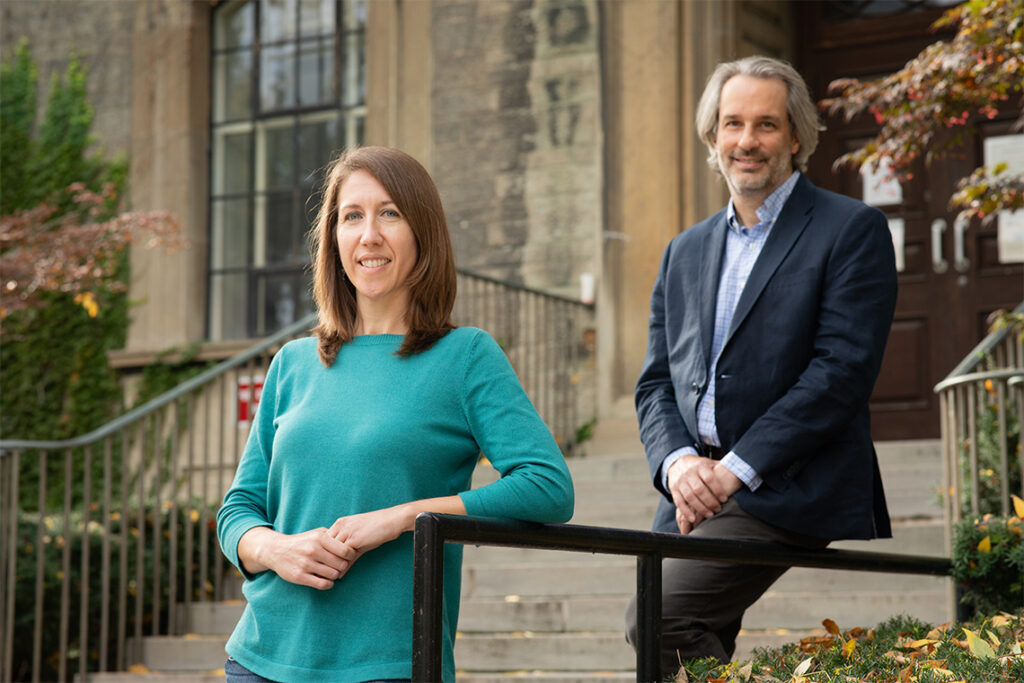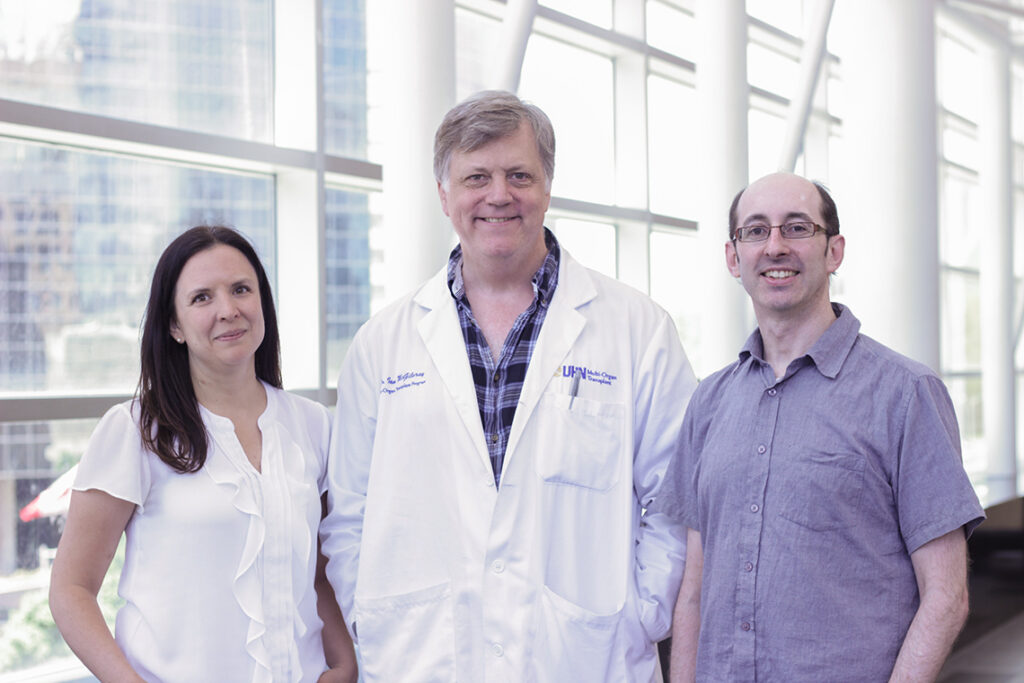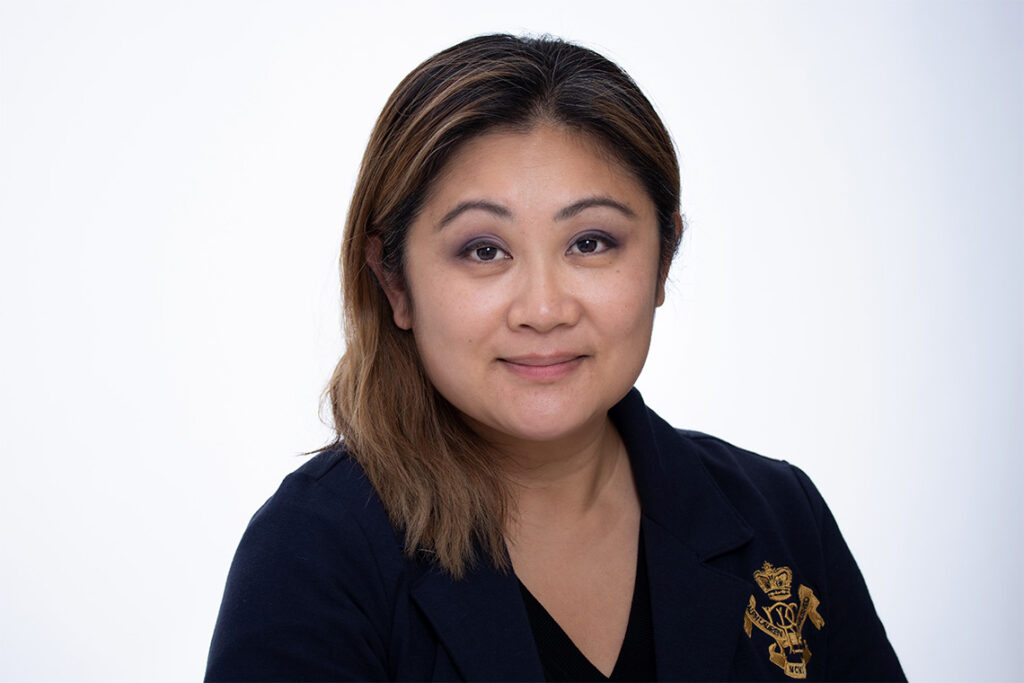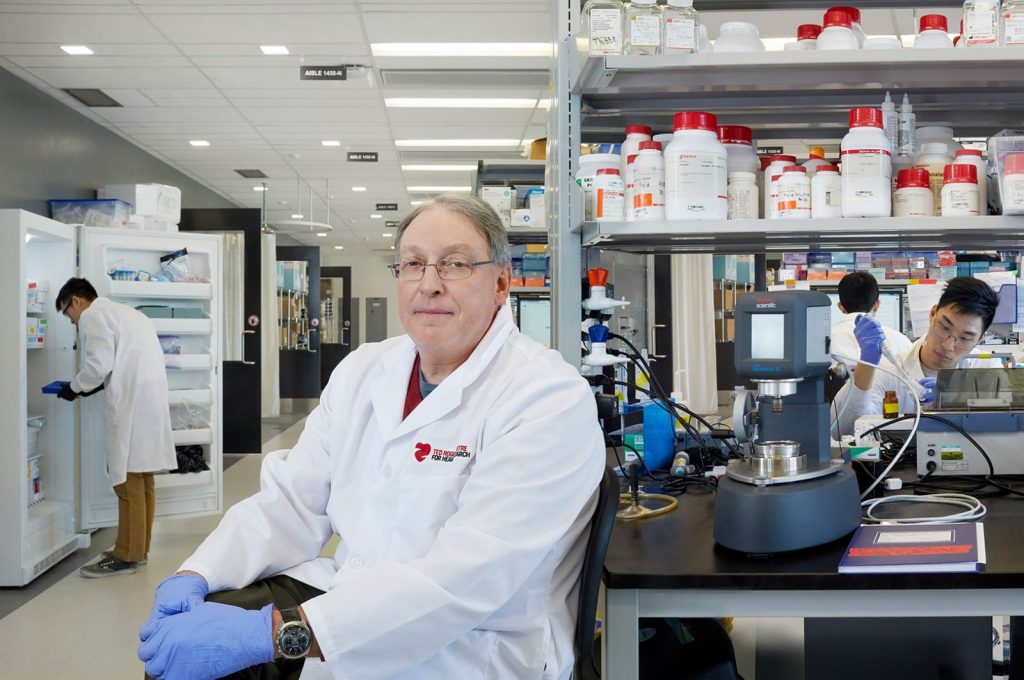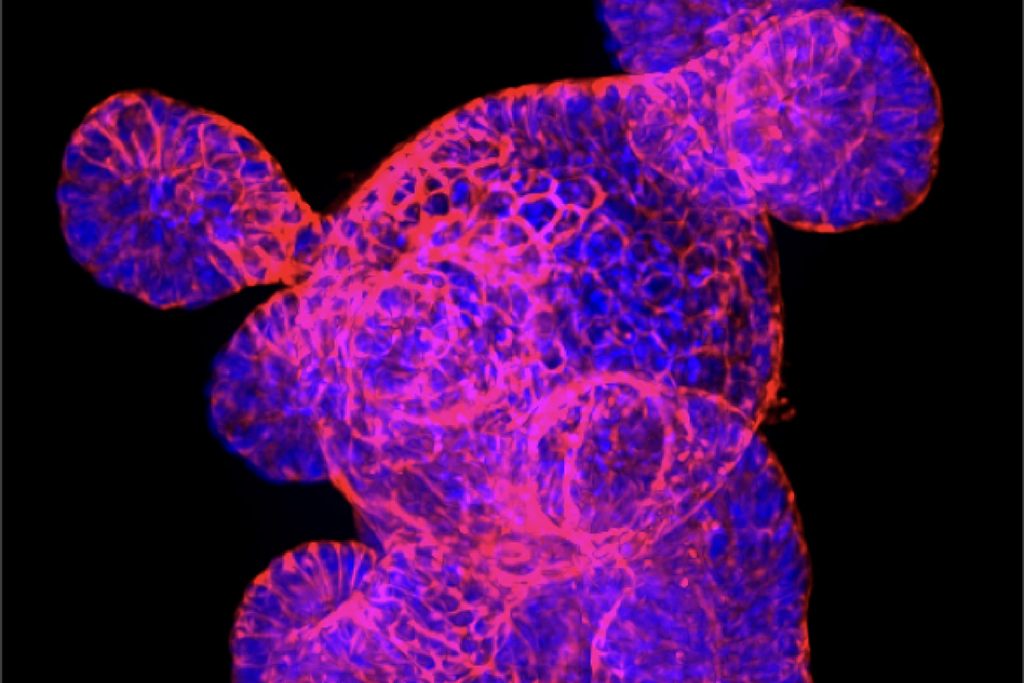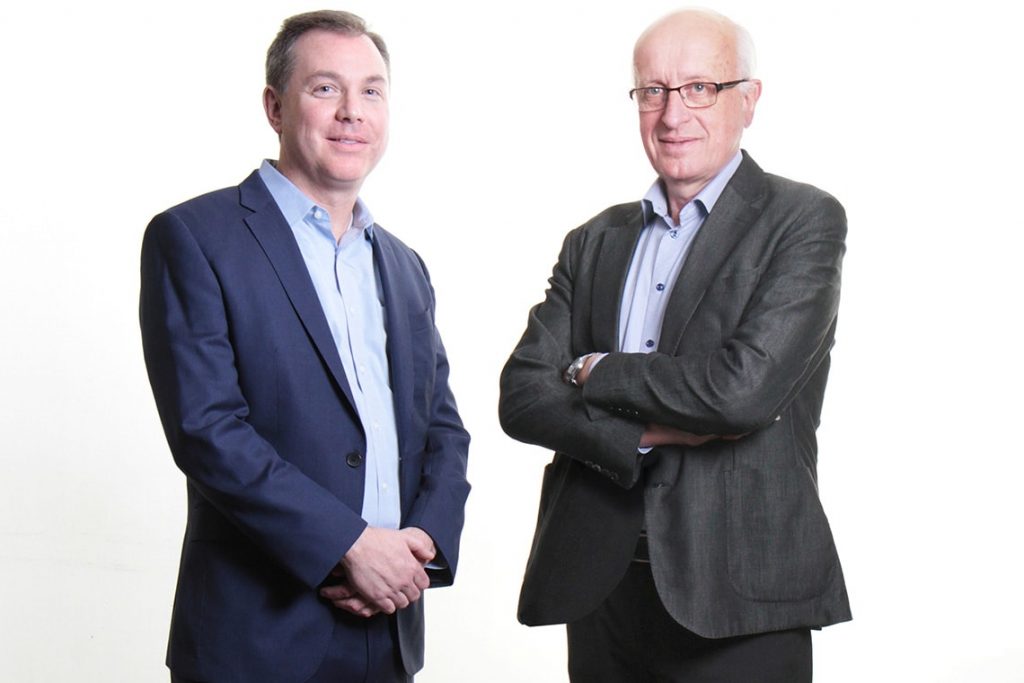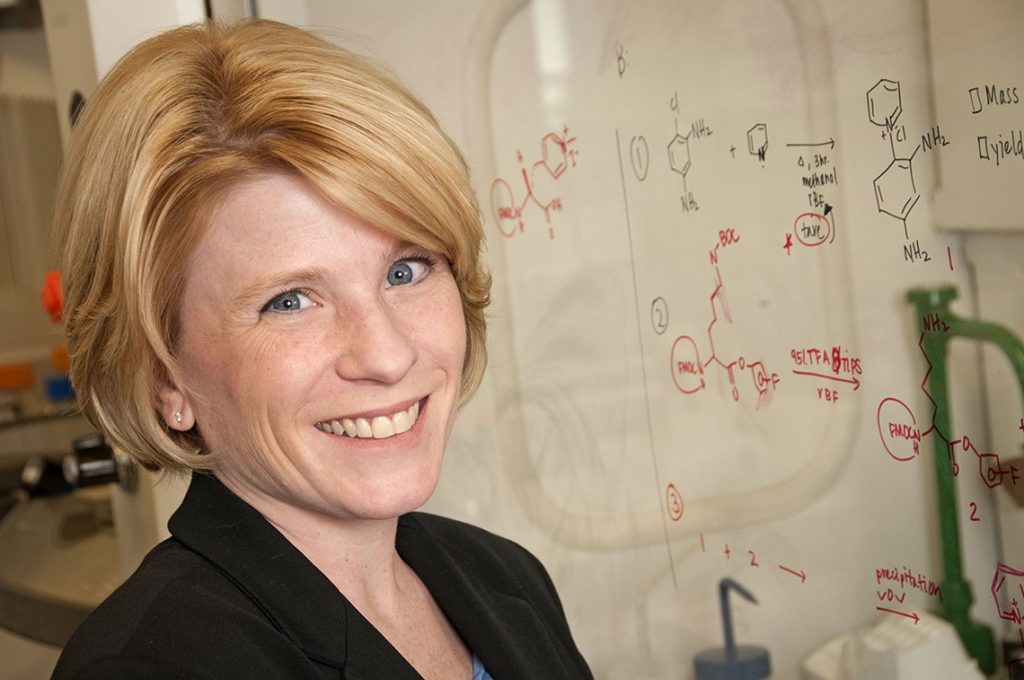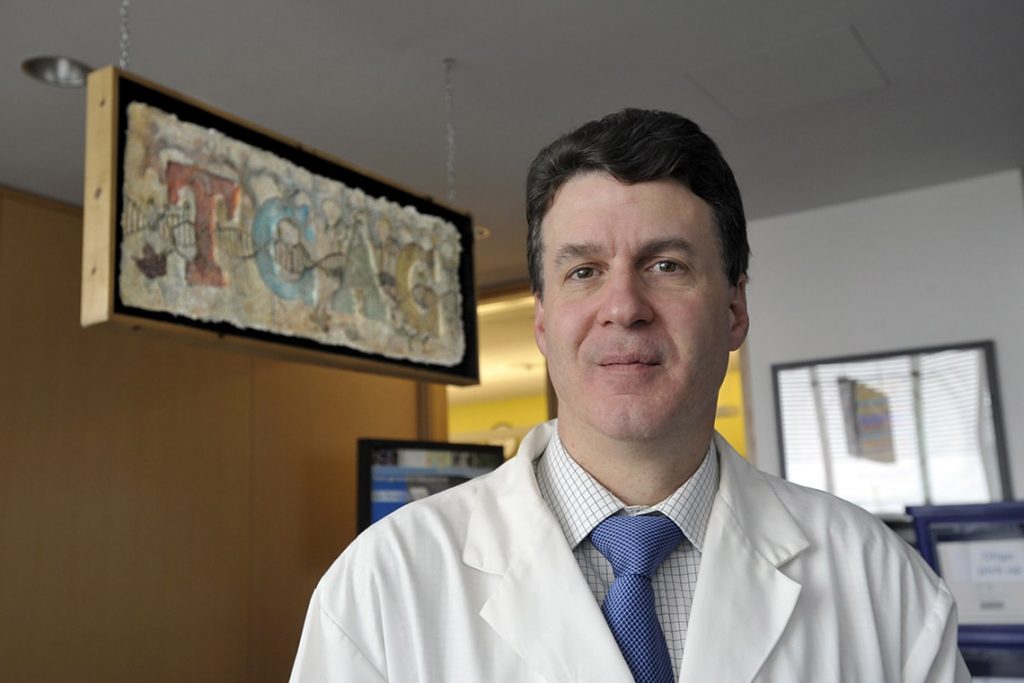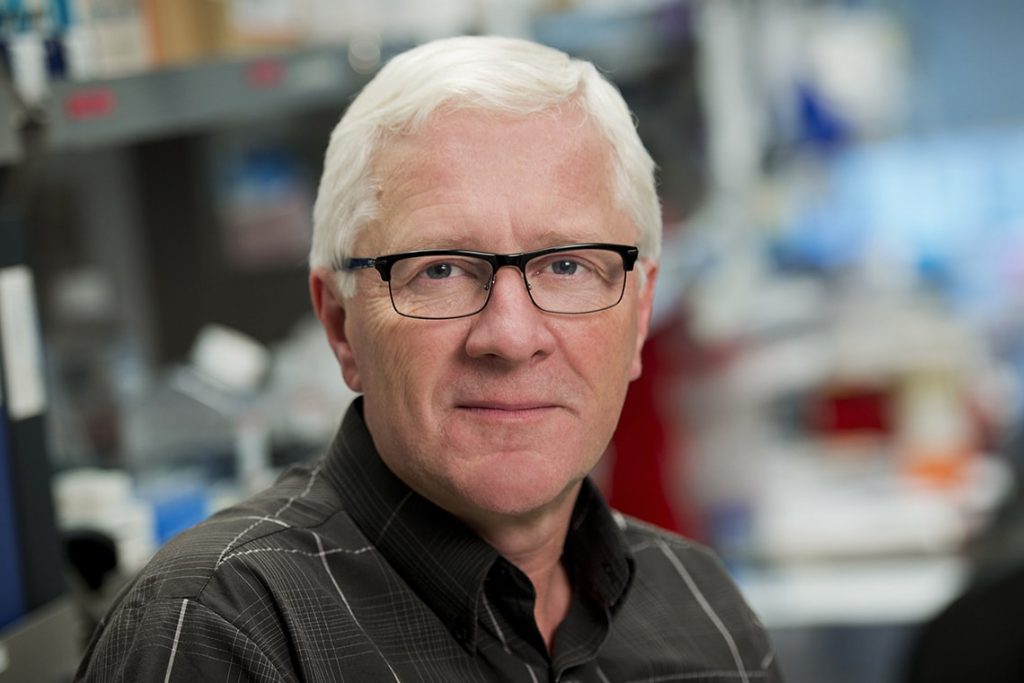Regenerative and Precision Medicine
In 1961, University of Toronto researchers discovered stem cells at Princess Margaret Hospital. Today, this game-changing discovery holds the potential to revolutionize medicine and health care. U of T researchers are integrating cutting-edge stem cell therapy, tissue engineering and the use of biomaterials to repair and regrow damaged organs, and using genetics to diagnose and develop personalized treatments based on our DNA.
